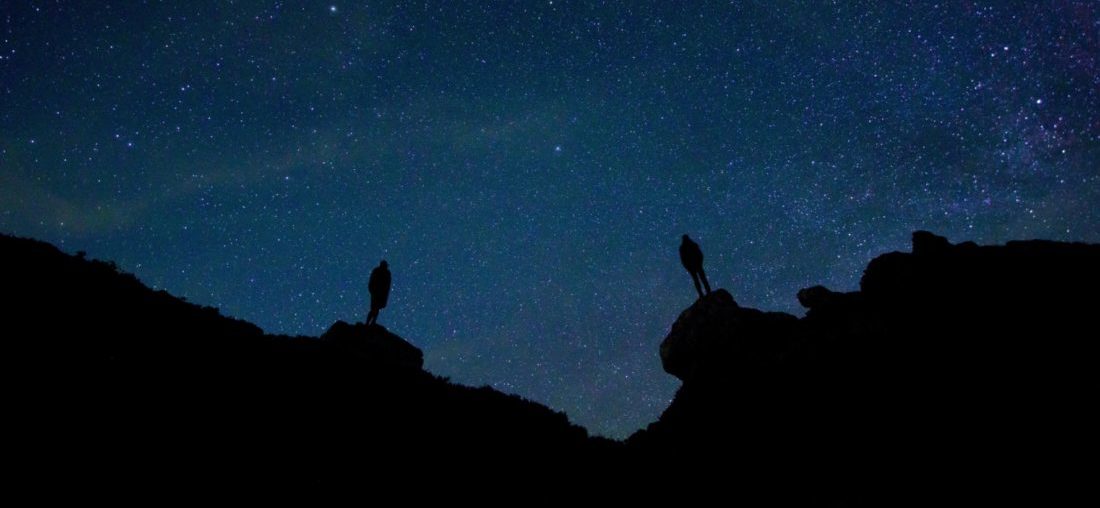
In lieu of recent news, this message for kindness is especially necessary. Let’s reach out and create more Random Acts of Kindness. Beautiful random acts of kindness are actually careful, often hard, choices that any of us can make. There’s no secret – it’s the work of applying emotional intelligence to do the right thing. Here’s how… and why.
Random Acts of Kindness: Or a Careful Choice?
We all make choices, we are constantly confronted with decisions where our actions affect others. How can we know in that moment what is “right” thing to do? Can we make more kindness, less random in the world? Whether they’re truly random acts of kindness or a more premeditated decision to help someone, decisions we make can have huge results.
I suppose in our cynical everyday mindset, the idea of kindness seems out of the ordinary. That’s why so many people talk about “random acts of kindness” as if they’re actually random — from someplace outside ourselves. I’d like to better understand the consequences of kindness, about the power these acts have to save others time and stress, help solve problems, and simply spread happiness.
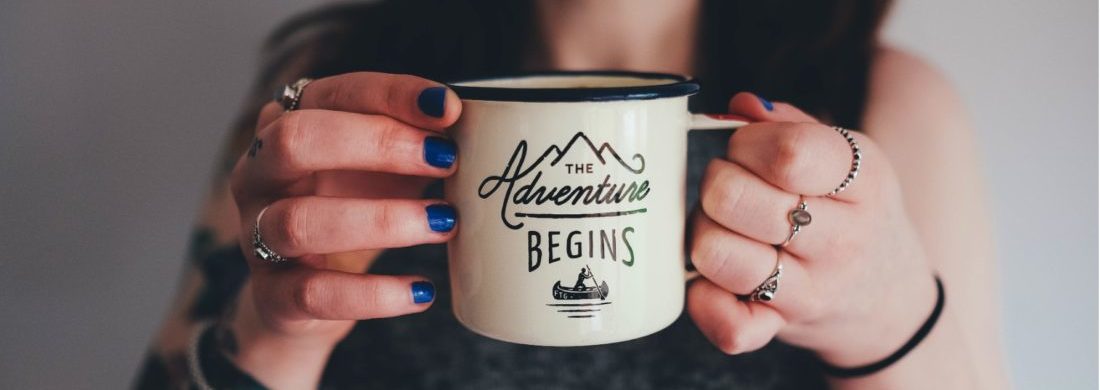
Bad Things Happen
Let’s take my recent trip to Italy. I was invited to combine business and pleasure by attending a conference in one of the world’s most unapologetically attractive cities. Florence, with its Uffizi gallery, architecture, and some of the best food in Europe… it is magnificent. On the first evening, leisurely wandering around the old city to visit the open market, my great-niece Ellie and I became lost.
I pulled out my purse to find my trusty phone but… nothing. No data, no maps, no way back. Thankfully, Ellie has an excellent sense of direction, and we eventually found our hotel amid the splendid Renaissance architecture of the old town. But on arriving, I had one of the more unpleasant surprises a traveler can have:
My small, black, crocheted purse was now definitely missing.
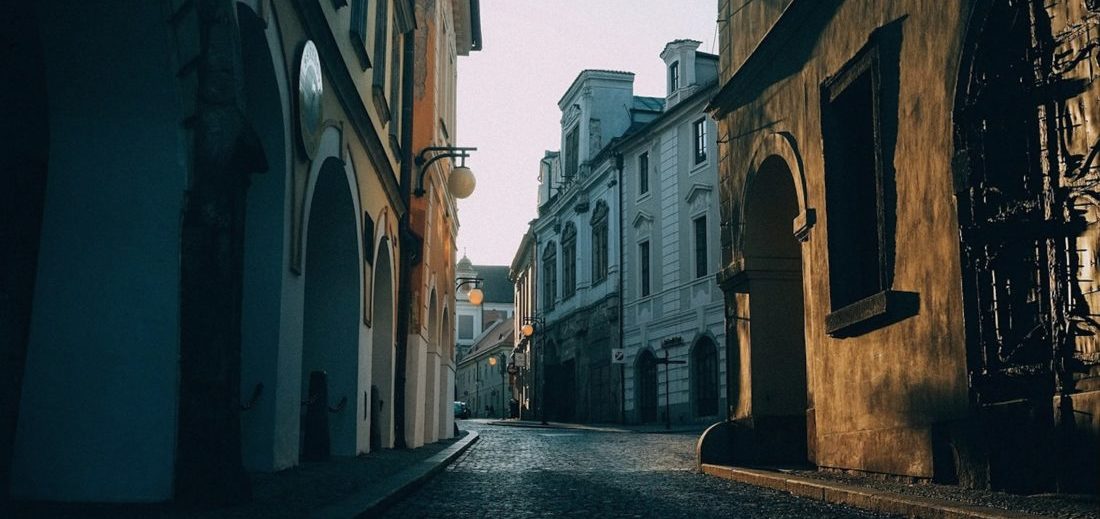
Now, what did my mother use to tell me when I lost something? Retrace your steps and look everywhere. So, we did, slowly working back toward the area of town we’d been exploring.
I like to stay positive, but even I had to admit that the chances of finding my purse, and the passport, credit cards and $400 in cash it contained, were remote. But then, I spotted something familiar at the base of a column by a lighted archway. I dashed over in disbelief, but there it was, my purse, propped against the stonework, apparently deliberately put there by some kind soul. And, to my amazement, it wasn’t empty; all my belongings were untouched. I thanked Florence, its people, and my lucky stars, before heading back to the hotel with the greatest sense of relief. Was it a random act of kindness?
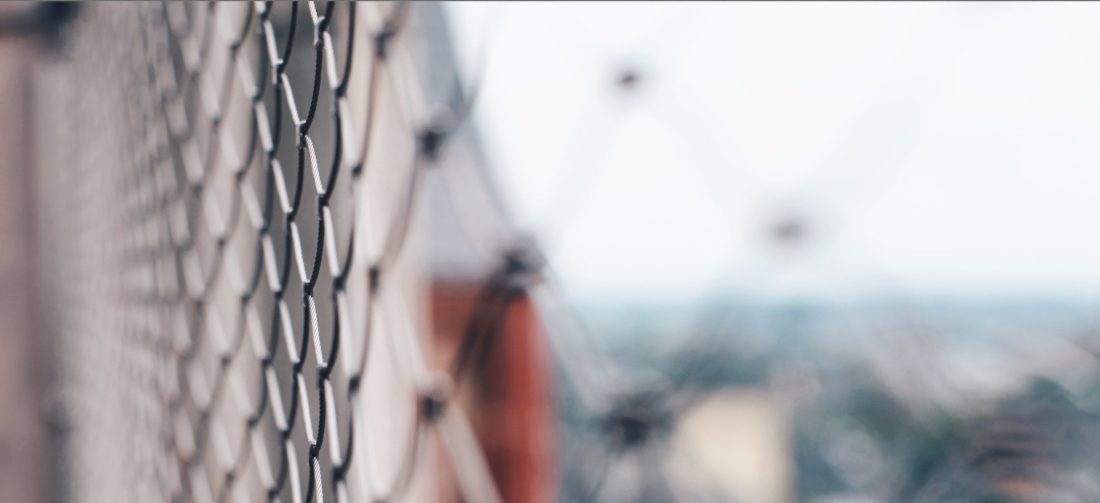
On that same day in Florence, three other delegates to the same conference stopped into a bistro for a drink, leaving their luggage and belongings in their hire car. Only forty-five minutes later, they returned to find the car’s windows smashed and every single item stolen from inside, even the pair of reading glasses left on the dashboard. It took days and weeks and months for my colleagues to deal with the fallout. Their experience left me feeling sympathetic toward them, and also very relieved that my own brush with disaster was so much less harrowing.
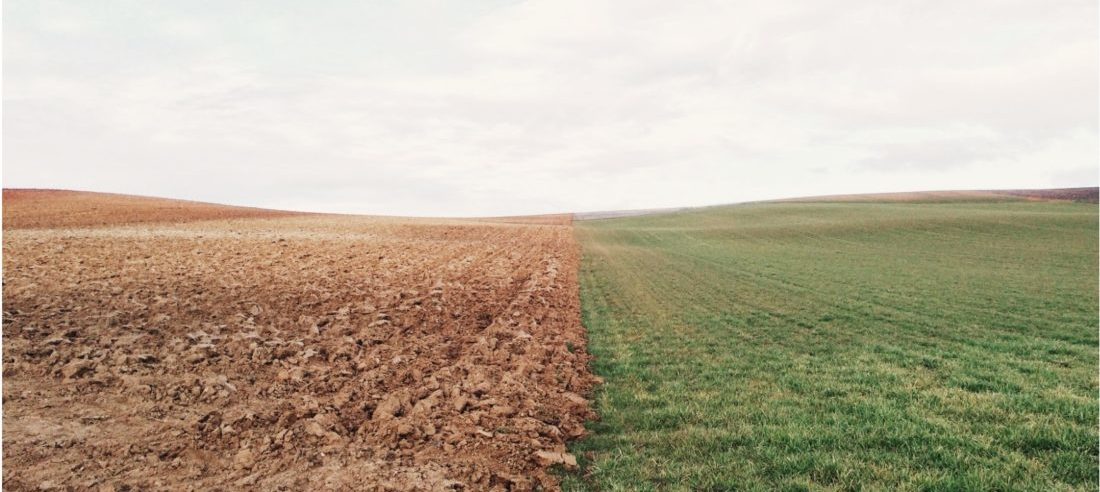
Random Acts of Kindness Also Happen
Here, in these two random and unrelated instances, we see one of the main reasons I co-founded Six Seconds: I’d like to live in a world with a greater number of people who would see a wallet in the street and try to return it. I’d like to be surrounded by fewer people who see an unattended car full of luggage and consider it fair game. I’d like for us to regard ‘random acts of kindness’ as second nature, as the fair and reasonable response to the challenge of living among others would be that people will respect us and our belongings. So how can we build a society where there is more kindness and less larcenous opportunism?
For me, it begins and ends with respect and empathy. No one likes to be robbed; simply putting ourselves in the victim’s shoes would show us that in a heartbeat. But consider where the problem comes from – poverty, marginalization, racism, intolerance, a background of bullying, inequality, poor education and ineffective civic institutions. For a potential robber, someone who cannot get a job or who is under enormous financial pressure, the lure of a parked car filled with valuables must be considerable. If we imagine their point of view – one we cannot condone, of course, but one with which we can empathize to an extent – then the incident becomes not inexplicable, but sadly inevitable.
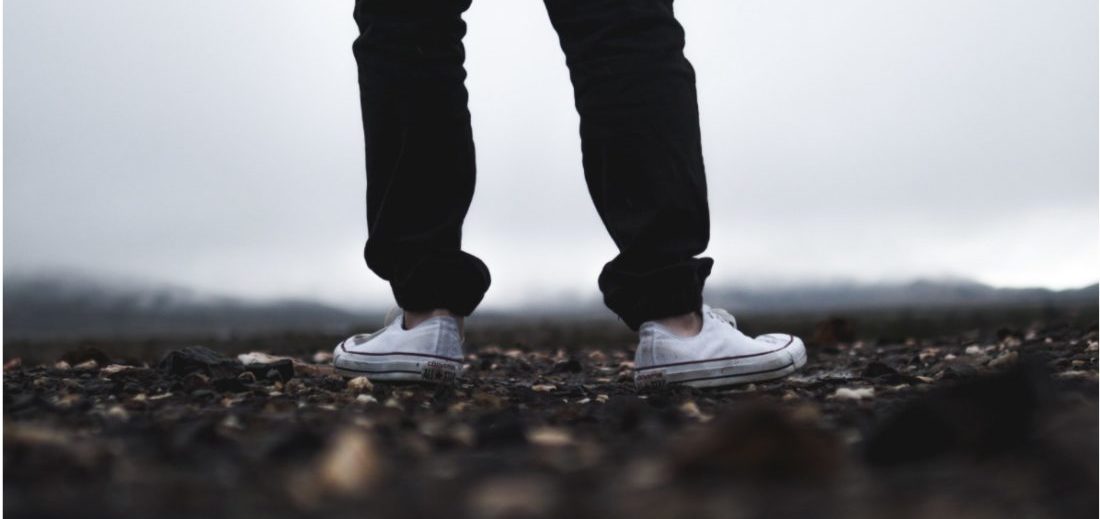
No one is born a thief, but we are all born with the capacity for kindness. We will face extraordinary challenges in the coming decades as the global deficit of emotional intelligence becomes worsened by the debilitating effects of social and economic inequality. There has never been a more important time to consider how we think about others: do our thoughts betray prejudices or assumptions? Can we truly put ourselves in the shoes of someone who might be prepared to do something we never could, like stealing? Can we set aside the massed media message about criminality, and genuinely think our way to the bottom of the issue? And then, can we muster our focus and our concern for others, and then simply be kind in the given moment?
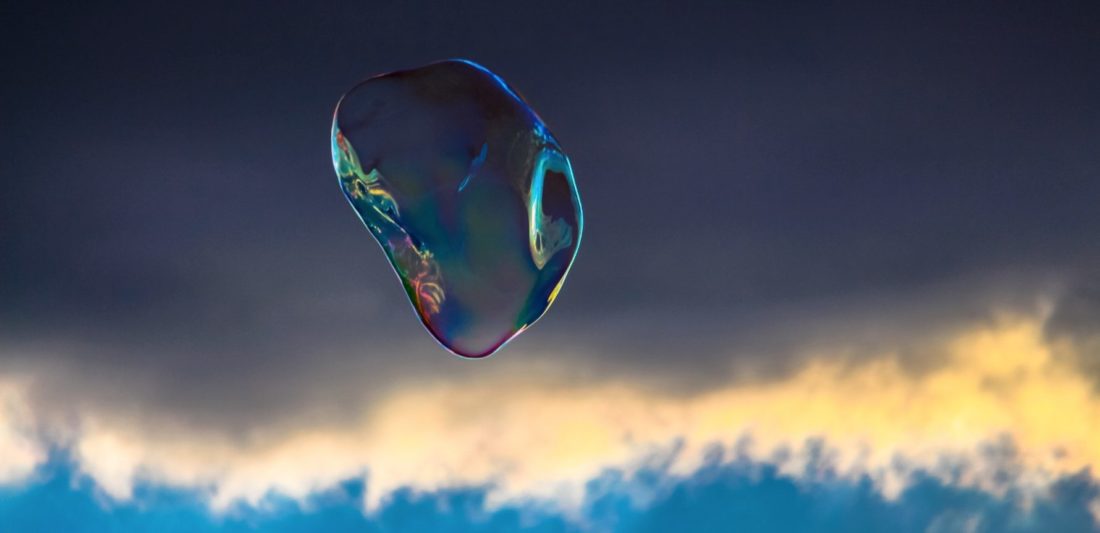
It takes skills to see these two incidents in context. Both were random, and both could have gone either way; the kind soul who picked up my purse could equally have emptied it, thrown it away, and enjoyed a fine night of revelry in Florence at my expense. Equally, the thieves could have passed by the car without a second thought.
I’d like to understand how we can learn, as a society and as individuals, to teach each other to respect belongings and property, but also to gleefully take those chances to help strangers when they occur. I’d like to take the thief’s mandate – ‘I don’t know these people, so stealing from them has no consequences’ – and turn it on its head: ‘I don’t know these people, so there’s no reason not to be spontaneously kind to them’. Imagine how wonderful it would be to live among such kindness and generosity?
Make More Kindness
Research shows us that being kind is good for our health and well-being. Our brains are actually set up for empathy. Even in our jaded modern society, kindness is contagious; and when we see someone else helping another person it gives us positive feelings which make us go out and do something good ourselves.

If we truly want to change the world let’s add more kindness.
Let’s be deliberate about our choices, exercise optimism and self-control. We can be less random and reactive when we use our emotional intelligence, connecting how we feel with our thoughts and actions. Won’t you join me in shifting my thinking? My new pattern will be more kindness, less random.
Love,
anabel
P.S. If you found this information useful, please do me a favor and share it on social media. The more we can do to spread the information, the more those that really need it, can benefit. You’ll find sharing buttons below.
Also, please consider ‘liking’ my Facebook page for more valuable information about emotional intelligence.
I would so appreciate it!
Thank you.